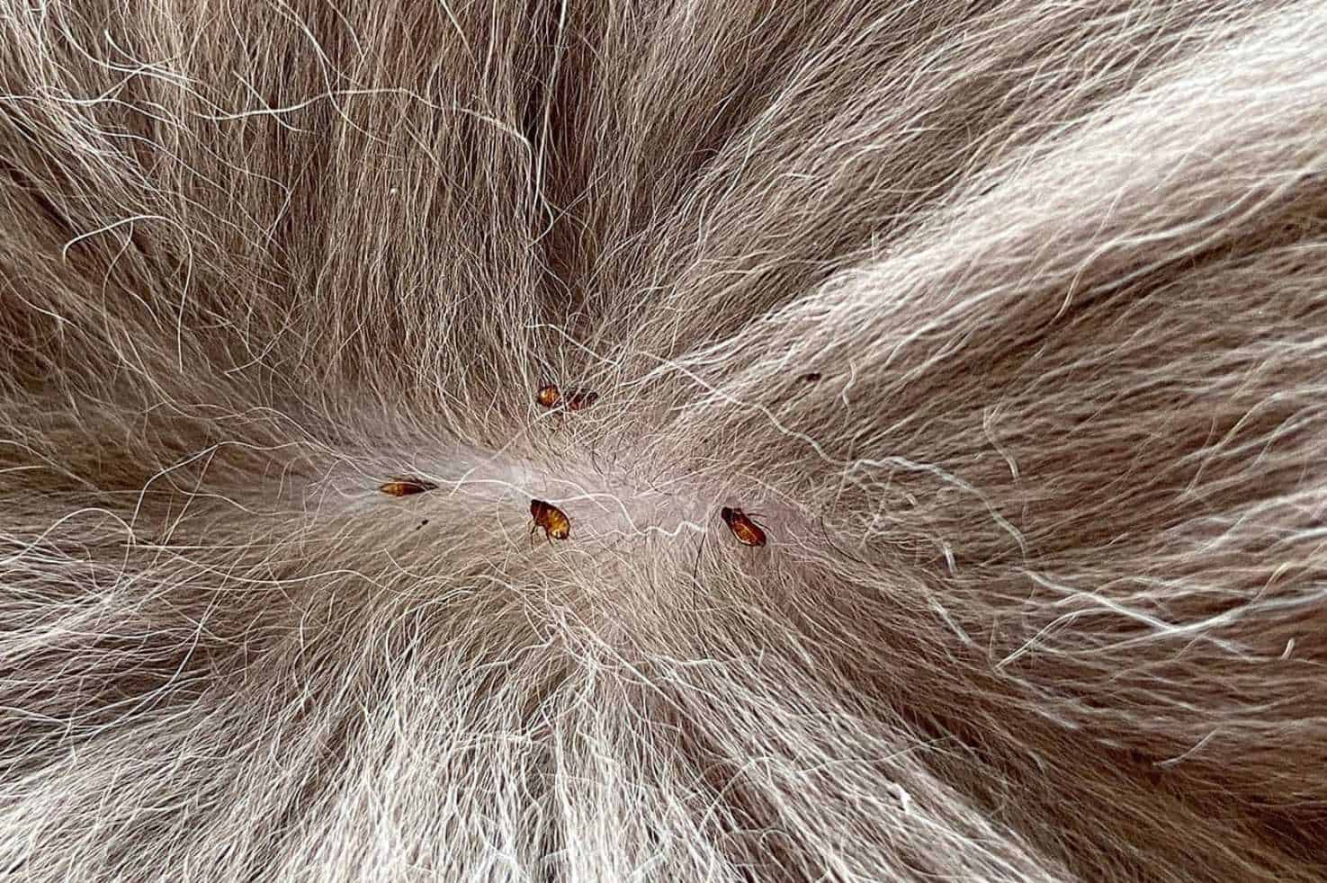Can a Rabbit Get Fleas?
Rabbits are adorable and cuddly creatures that bring joy to many households. However, just like any other pet, they are susceptible to certain health issues, including fleas. Fleas are small insects that survive by feeding on the blood of animals. Although they are commonly associated with cats and dogs, can a rabbit get fleas too? Let’s find out.

1. Can rabbits get fleas?
Yes, rabbits can indeed get fleas. While they may not be as likely to have fleas as cats or dogs, it is still possible for them to become infested. Fleas can be brought into the rabbit’s environment by other pets or even from the outdoors, and they can quickly multiply and spread throughout the rabbit’s fur.
2. How do rabbits get fleas?
Rabbits can get fleas through various means, including:
- Interaction with other infested animals
- Exposure to fleas in the environment (e.g., grass, soil)
- Sharing living spaces with infested pets
It’s important to note that even indoor rabbits can still be at risk of getting fleas if they come into contact with other infested animals or if fleas are brought into the home on clothing or other items.
3. What are the signs of fleas in rabbits?
Identifying fleas in rabbits can be a bit challenging since rabbits groom themselves frequently, which can remove visible signs of fleas. However, you may notice the following signs if your rabbit has fleas:
- Excessive scratching or itching
- Red and irritated skin
- Presence of flea dirt (tiny black specks resembling ground black pepper)
- Visible fleas or flea eggs in the fur
- Decreased appetite or weight loss
4. How to treat fleas in rabbits?
If you suspect that your rabbit has fleas, it is crucial to seek veterinary advice before initiating any treatment. A veterinarian will be able to confirm the presence of fleas and recommend suitable treatment options. It’s essential to use flea treatments specifically formulated for rabbits, as certain products designed for other animals can be toxic to rabbits.
The treatment for fleas in rabbits typically involves:
- Topical flea treatments: These are usually applied to the back of the rabbit’s neck and are effective in killing and preventing fleas.
- Flea baths: In some cases, a veterinarian may recommend a flea bath using a mild rabbit-safe shampoo to eliminate fleas.
- Environmental control: It is crucial to treat the rabbit’s living environment to prevent re-infestation. This may involve vacuuming, washing bedding, and using flea-control products in the household.
Frequently Asked Questions (FAQs)
1. Can my rabbit get fleas if it never goes outside?
Yes, even if your rabbit never goes outside, it can still get fleas. Fleas can be brought into your home by other pets, on your clothing, or through open doors or windows.
2. Can fleas make my rabbit sick?
Yes, fleas can make your rabbit sick. In addition to causing itching and discomfort, fleas can transmit diseases and parasites to your rabbit, such as fleas can transmit diseases and parasites to your rabbit, such as myxomatosis or rabbit viral hemorrhagic disease (RVHD).
3. Can I use cat or dog flea treatments on my rabbit?
No, it is important to use flea treatments specifically formulated for rabbits. Products designed for cats or dogs can contain ingredients that are toxic to rabbits.
4. How can I prevent fleas in my rabbit?
To prevent fleas in your rabbit, you should regularly clean and disinfect their living area, avoid contact with infested animals, and use flea prevention products specifically designed for rabbits as recommended by your veterinarian.
Remember, prevention is always better than cure when it comes to fleas in rabbits. By keeping your rabbit’s environment clean and regularly checking for signs of fleas, you can help ensure their health and happiness.
Related Articles…
Copyright Notice:
The images displayed here are sourced from the internet, with copyrights held by respective owners. For removal of any copyrighted image, please email us.